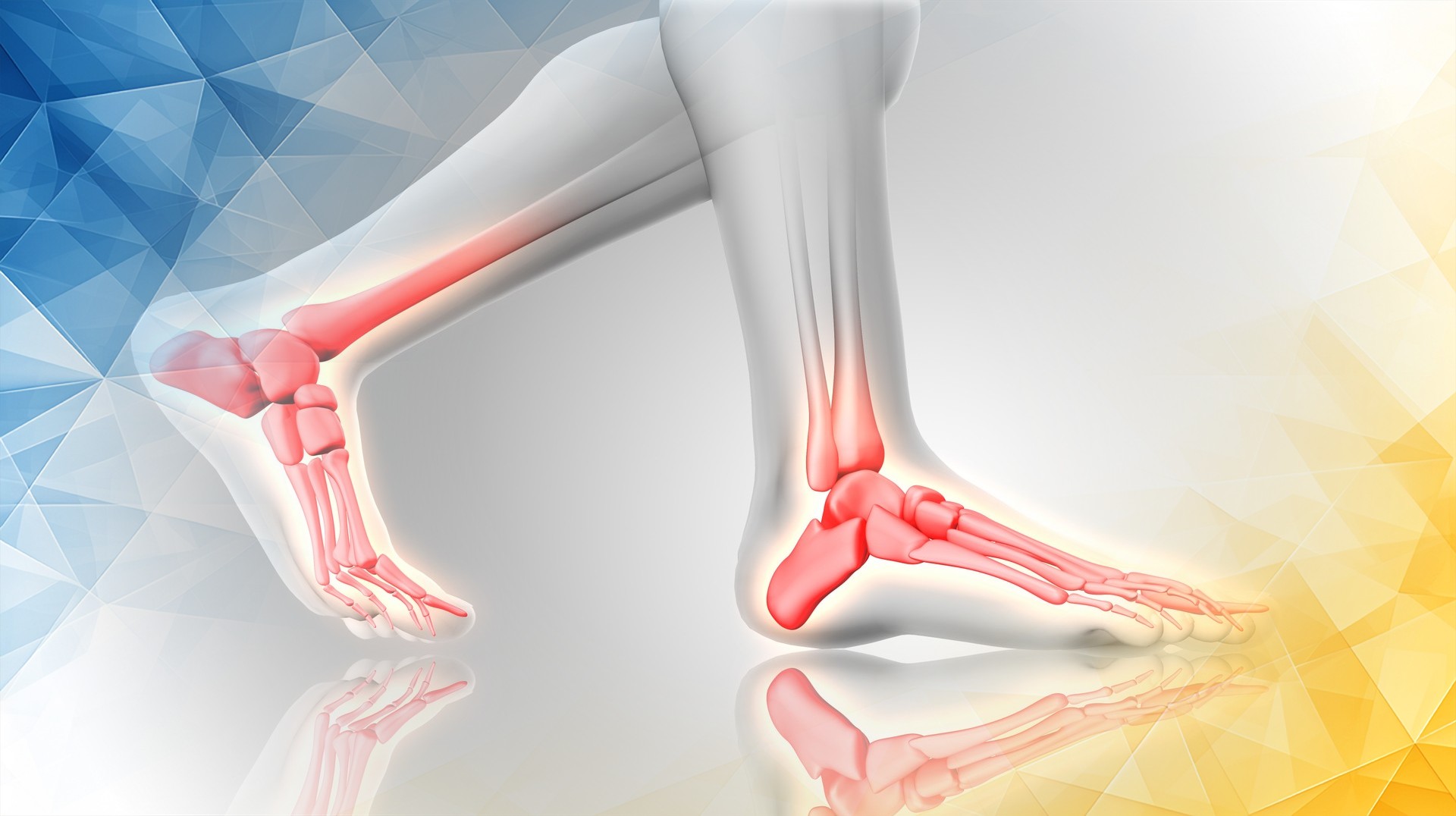



Arthritis, particularly osteoarthritis, is a common condition that leads many people to consider cartilage surgery as a treatment option. This article delves into how arthritis can necessitate such surgeries and the innovative techniques used to alleviate symptoms and improve joint functionality. As arthritis progresses, it significantly impairs cartilage, necessitating interventions that not only relieve symptoms but also aim to delay further degenerative changes.
Arthritis is a condition that is primarily localised to a patient’s joints, often increasing in severity with age. It causes the cartilage situated at the end of the bones to wear down, thereby leaving the joints prone to to damage. If you have arthritis or osteoarthritis, you may notice the following:
Arthritis, especially osteoarthritis, is characterized by the wear and tear of cartilage, the smooth, cushion-like tissue that covers the ends of bones in a joint. As this cartilage erodes, the bones may begin to rub against each other, causing severe pain, swelling, and reduced motion. When conservative treatments fail, cartilage surgery becomes a necessary step to repair the damaged cartilage and restore joint function.
Cartilage repair surgeries, such as microfracture, autologous chondrocyte implantation, and osteochondral grafts, are designed to promote the growth of new cartilage. These procedures aim to fill the cartilage defects and are particularly beneficial in early stages of osteoarthritis or for younger patients who wish to delay or avoid joint replacement surgery.
The mechanical stability of the joint is paramount. Proper alignment and weight distribution are critical to the longevity of the surgery’s outcomes. Surgical techniques are designed to restore this balance, thereby enhancing the efficacy of the cartilage repair.
Chemically, the focus is on creating an environment that supports healing. Surgical sites often employ biomaterials that encourage the body’s cells to regenerate the cartilage matrix, effectively using chemistry to kickstart the body’s natural repair mechanisms.
Biologically, the procedures attempt to regenerate cartilage through cellular responses. Techniques like autologous chondrocyte implantation involve harvesting cells from the patient’s body, cultivating them in a lab, and reimplanting them into the damaged area, thereby fostering natural tissue regeneration.
The recovery from cartilage surgery follows a critical timeline that involves initial healing, gradual rehabilitation, and long-term maintenance of joint health to ensure the best outcomes.
For patients suffering from arthritis, particularly osteoarthritis, cartilage surgery offers a promising solution to restore joint function and alleviate pain. By integrating advanced surgical techniques with a thorough understanding of joint mechanics and cellular biology, our interventions not only relieve symptoms but also aim to preserve joint integrity for as long as possible. Contact London Cartilage Clinic to get started in returning to a pain free life.
Arthritis causes the cartilage to wear away, leading to pain and mobility issues. Surgery may be necessary to repair the damaged areas and prevent further joint deterioration.
Common types include microfracture, which creates small holes to release cells that build new cartilage, and autologous chondrocyte implantation, where your own cells are used to grow new cartilage.
Effectiveness can vary, but many patients experience significant improvement in pain and function, especially when surgery is performed in the early stages of cartilage damage.
As with any surgery, risks include infection, bleeding, and the potential for the surgery not to provide the desired level of pain relief or mobility improvement.
Recovery times can vary widely based on the specific procedure and patient factors, but it generally involves several weeks of limited activity followed by rehabilitation.
While surgery cannot cure arthritis, it can significantly alleviate symptoms and improve joint function, potentially delaying the progression of the disease.
All our treatments are selected to help patients achieve the best possible outcomes and return to the quality of life they deserve. Get in touch if you have any questions.
At London Cartilage Clinic, we are constantly staying up-to-date on the latest treatment options for knee injuries and ongoing knee health issues. As a result, our patients have access to the best equipment, techniques, and expertise in the field, whether it’s for cartilage repair, regeneration, or replacement.
For the best in patient care and cartilage knowledge, contact London Cartilage Clinic today.
At London Cartilage Clinic, our team has spent years gaining an in-depth understanding of human biology and the skills necessary to provide a wide range of cartilage treatments. It’s our mission to administer comprehensive care through innovative solutions targeted at key areas, including cartilage injuries. During an initial consultation, one of our medical professionals will establish which path forward is best for you.
Contact us if you have any questions about the various treatment methods on offer.
Legal & Medical Disclaimer
This article is written by an independent contributor and reflects their own views and experience, not necessarily those of londoncartilage.com. It is provided for general information and education only and does not constitute medical advice, diagnosis, or treatment.
Always seek personalised advice from a qualified healthcare professional before making decisions about your health. londoncartilage.com accepts no responsibility for errors, omissions, third-party content, or any loss, damage, or injury arising from reliance on this material. If you believe this article contains inaccurate or infringing content, please contact us at [email protected].